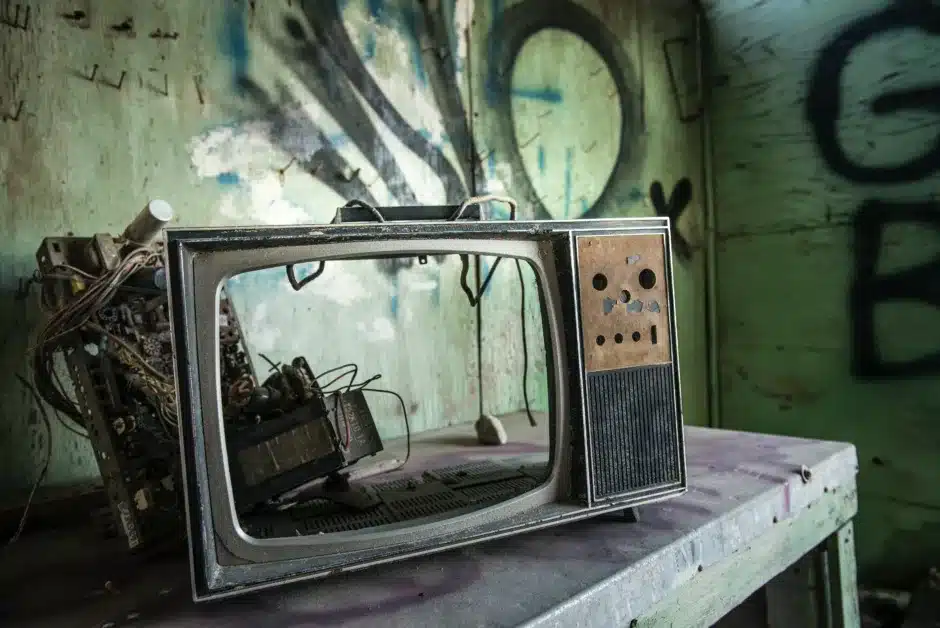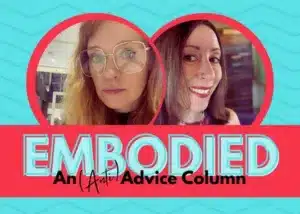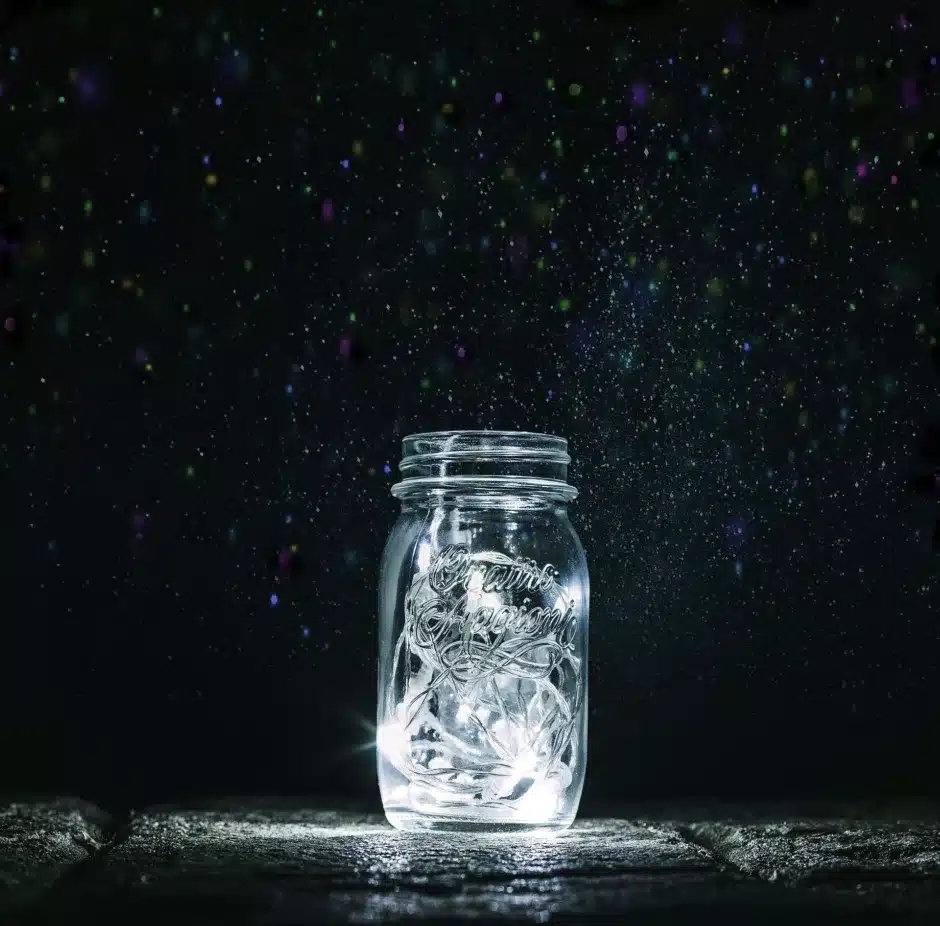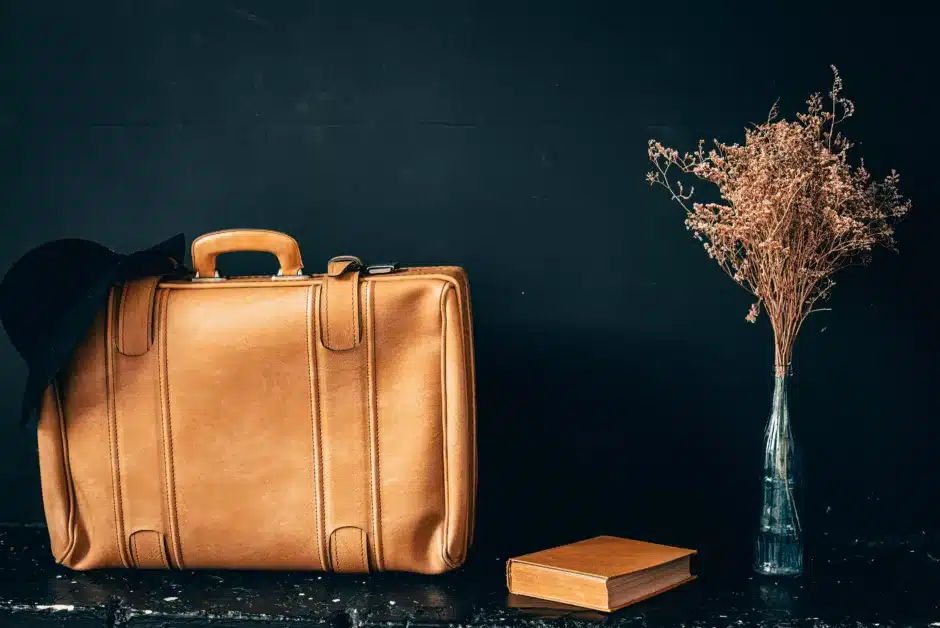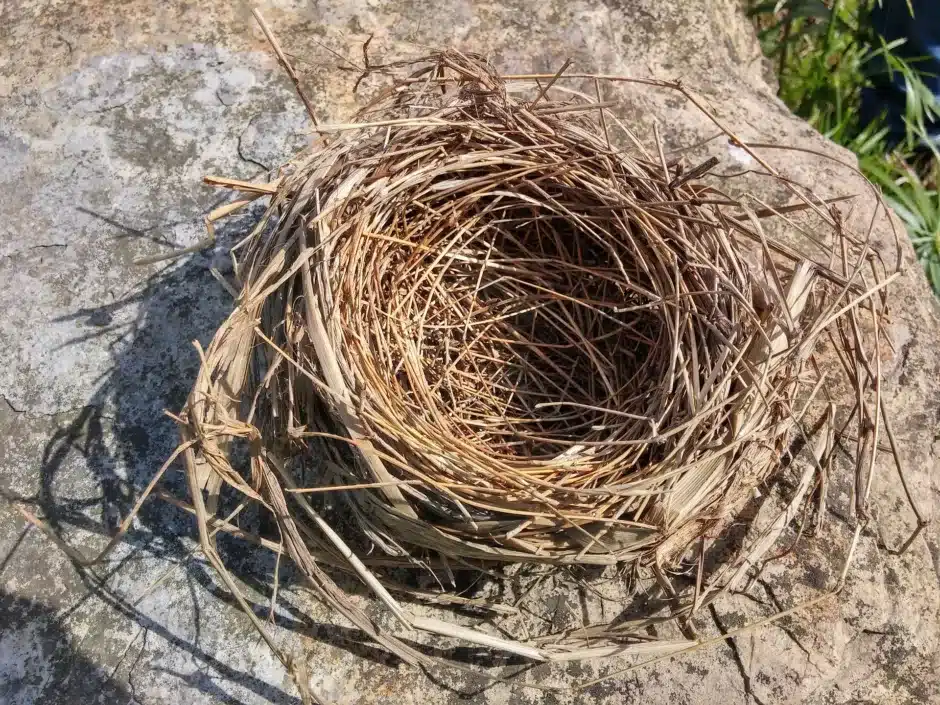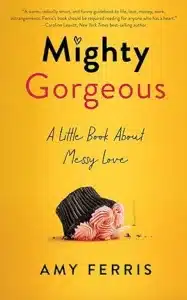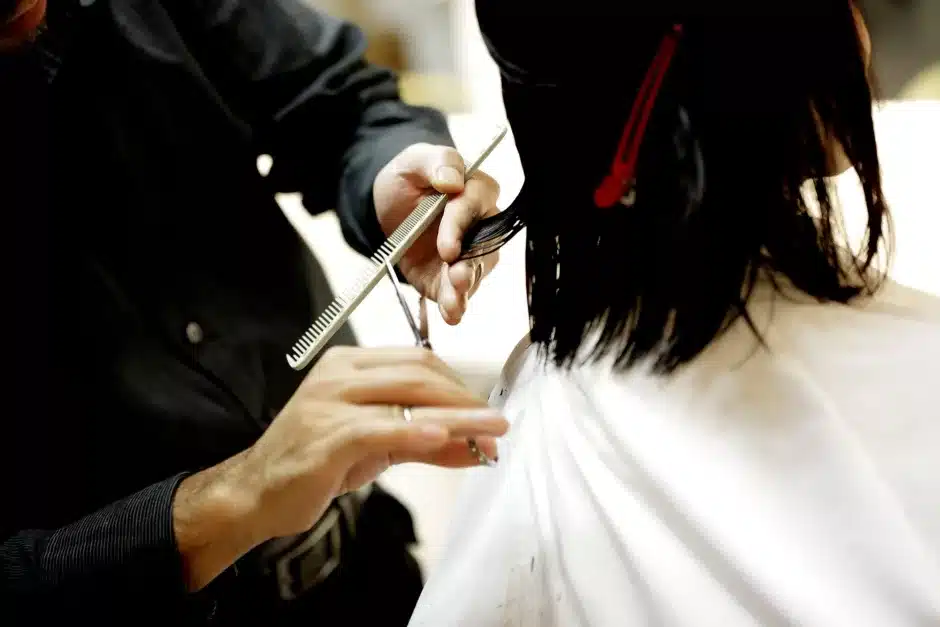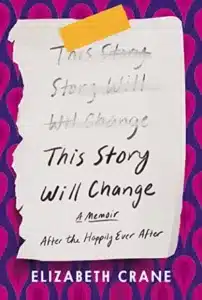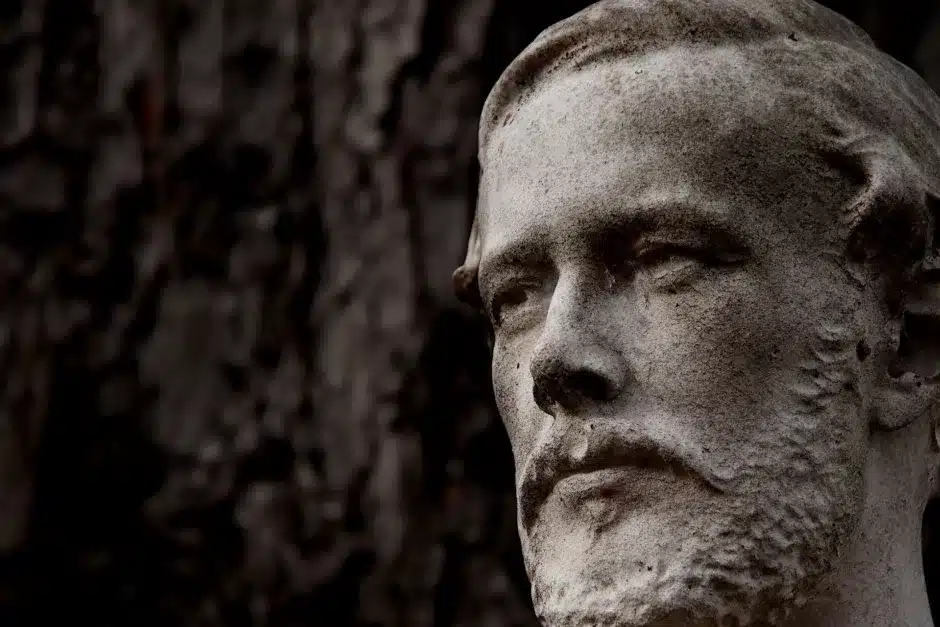There is nothing but talk in the village now. Buzzing talk like hornets. Who did it? How dare they? Who could betray us like this? There will be a trial at the kgotla tomorrow, even though there are still no suspects. No one has confessed and no one will. They are afraid to be outcasts in their own home, avoided and shunned. All anyone knows is that the new 55” high definition TV screen in the community hall is shattered. Mma Bogwasi found the stone that did it lying on the cement slab floor of the building. “Someone has hatred in their heart,” she cries loudly, shuffling past each of our doorways in turn. “Oh Lord, forgive us!” I want to swat her words away from my ears. It is too hot today for loud talk.
I go to sit at the edge of the yard where I can hear the wind in the motshaba trees. When I feel the sand turning cooler beneath my feet, I perch myself on the large tire that encloses Mama’s herb garden, daring the dusty rubber to scald the backs of my legs. Insects chirr their secret language in the nearby brush. I smile, thinking how there will be no more screaming football or slick politicians babbling from the TV with promises of more jobs and schools, like their mere words are diamonds spilling through the screen. Mama tells me I shouldn’t sit so far from the house because up in the trees is where the leopards like to hide. I imagine they are sitting among the chattering leaves, looking down at me while I boldly raise my face to them, both of us enjoying the shade. Leopards don’t watch TV. They prefer to watch children like me and think about eating them. I don’t think they will eat me though. They like relaxing in the shade better.
The TV was a present from the Americans. They came to our village three times. That is two more times than all the other foreign visitors, so we knew they would eventually bring what we wanted. The elders ask for a TV every time foreigners visit our corner of the Okavango for safari… which is many more times than three. They said it would keep the young people from trouble like drinking and having sex. But I don’t see how having sex is any real trouble. My oldest sister is pregnant and she lets me touch her belly which sometimes jumps. I can see how a jumping belly could cause some trouble, but it keeps her from drinking, so I think it is better for her belly to jump than to be sick.
“Foufetse!” she calls me now, “Get some more water! Hurry!”
She never asks nicely, even though she is only four years my elder. But I am happy to hear her voice. Sometimes, if I sit too still in Mama’s garden, I become invisible, and all day people cannot see me. Even when they walk past on their way to the community hall, so close I can touch them, they do not see me. I worry that one day I will disappear for good. But my sister reappears me now with her barking demands: “Foufetse! Now! The baby is coming!”
It is the middle of the day, so the sand in the road burns my feet, encouraging me to shuffle faster with the full water bucket to the house. I stop in the cool outside the open doorway where the reeds from the roof overhang to form a moat of shadow. From inside, I can smell the gas that runs our small appliances and the mustiness of old clothes, waiting for washing day. “Sister?” I call into the darkness.
Mama steps outside and takes the water from me. “What took you so long?” she scolds before slipping back inside, not waiting for an answer. I hear my sister groan. I stand there for a moment, wishing I could watch. I wonder what it looks like for life to enter a newborn body and give it its first breath. I wonder, standing so close, if the curse I was born with might pass on to the new baby like lice.
I wander into the deserted kgotla—an assembly of empty plastic chairs, gritty with dirt and disuse, gathered beneath the acacia trees. Meetings have been few since the arrival of the TV. The elders congregate in the western-style community hall instead. It is hot inside because the roof is made of tin instead of thatch and there is no breeze. I do not know why they prefer it there. The TV talks over everyone, even the village chief. Chief Tshepo is often long-winded, but the TV is even longer and windier. It talks loud and fast, like it doesn’t need air to breathe. Sometimes it shouts “Goooooal!” and everybody in the hall shouts. Usually, though, everybody is silent while the TV chatters on and on.
Since I am invisible again, I sit in one of the prohibited chairs and pretend that I am an elder. “A community is not a community without honor, and honor means we speak only what is truth!” I parrot Chief Tshepo. “So if you are truthful, speak! If not, hold your peace!” I wait, letting my words ring across the kgotla. “Who broke the TV?” I demand.
Someone laughs. It is a surprising sound. Usually I am alone here while the whole village is in the community hall. But now the TV is broken and there is laughter outside again. I smile at Mma Bogwasi. “I did not hear you arrive, Mma. Hurry, come join us. The meeting has already started.”
“You going to become the village chief one day, little Foufetse?” she asks, creaking heavily into the chair next to me. Normally, she would stand with the other women and the children during a meeting, but since it’s just the two of us, she makes herself comfortable.
“Yes,” I say, sitting up straight, “and when I am chief, I will ban TVs forever from the village.”
Mma Bogwasi’s voice turns serious. “Why would you say that, child? That TV has made people here very happy. A terrible shame someone went and broke it.”
“When everyone is watching in there,” I complain quietly, “the village stops breathing.” I don’t expect her to understand.
“You’re a strange one, Foufetse. God help your mother, raising a child like you. But I suppose you’re the only one here who isn’t all that upset about what happened, seeing as you never got to watch the TV in the first place.”
“The village dies,” I continue in a whisper, “and then I disappear. I am here, but no one sees me.”
“No one sees you?” Mma Bogwasi laughs again. “More like you can’t see nobody. The kudu doesn’t graze in peace just because it doesn’t see the lion hunting it.”
She’s tickled, like she thinks she’s taught me something I don’t already know. But I am eleven and I’ve learned many secrets that nobody thinks I can know, like how people turn their faces when speaking: the dominant elder facing the listener, the dutiful listener facing the ground. I turn my face to Mma Bogwasi now, showing that it is my turn to be listened to. “I know all about my curse,” I say. “My sister is having her baby and Mama doesn’t want me to hold him because she says I might trip over something and drop him. She doesn’t see what I can do. I carry the water every day without spilling a drop, but Mama still doesn’t see me.”
Mma Bogwasi sighs. “Well, that sister of yours isn’t having a baby just yet. I came up here from your Mama’s house. That girl just wants some attention is all, imagining contractions. I tell you, everyone in the village is restless today. It’s this heat.”
Not the heat, I think. The broken TV.
When Mma Bogwasi leaves, I stay seated in the kgotla, the heart of the village, and listen to its rhythm. I’ve learned that hot days are best for sitting still and listening. Our neighbor rides by on his donkey and the smell of grass and manure tickles my nose. Young children shout in play. Dogs quarrel. I hear my mother scolding my younger brother. Someone crushes aluminum cans. Dried reeds whisper in deft, weather-worn hands. Skirts sigh against bare legs. A distant hippo bellows.
The village is restless, yes. But alive.
***
The next morning, everyone gathers in the kgotla. I sit in the sand with the other children, but it is difficult to sit still. I am anxious to know what will happen in the trial. Chief Tshepo opens the meeting with ceremony and gravity. No one is laughing in the kgotla today. A fly lands on my neck again and again and I swat at it. Mama toes me in the back to be still. This makes me happy. I am not entirely invisible today. Not yet. But when the village chief demands a confession, I feel myself start to disappear again. I know that Chief Tshepo’s eyes are searching the crowd for the culprit. But he will never find me. He will not see me because he does not think that a blind child can hit their mark with a throwing stone. No one here knows how I practiced for days, out in the yard by the motshaba trees. I collected rocks and hung the water bucket as high as I could from a branch, then counted my paces back from the tree—the same width of the community hall. No one heard the ringing of the pail when I began to score. They were all huddled inside, listening to far off strangers gossip. I raised my arms to the cheering sun and quietly shouted, “Goooooal…”
“Do you think God will favor you if you keep quiet?” Chief Tshepo bellows. “You think your stomach will not sour when you next taste water, from holding your guilt inside?”
My sister groans suddenly. The women around her murmur.
I hear Chief Tshepo stand suddenly, and I know his muscles must be taught like a predator’s, his dangerous energy rippling through the kgotla. “Do you think you will be safe in childbirth? That your son or daughter will not be made helpless with blindness when it is born, like Foufetse?”
“Enough of this,” Mma Bogwasi cries, the only woman bold enough to interrupt. “Her contractions are real enough this time. She needs to be brought back inside the house.”
There is a shuffle of hands and feet. My sister cries out again. She has stolen the show and now the trial must be put on hold. Around me, the village is stirring, murmuring, my sister’s name on their lips. I sense fear in their movements. I hear their heads turning every which way, looking, looking. But they are all blind. They are now the nervous kudu antelope who do not see the lion in their very midst. None of them can see what is so obvious… my sweating palms and my shaking knees as I stand and step into the center of the circle. How bad can it be, I wonder, to be shunned if you’re already unseen?
I speak in a loud, high voice that stills the kgotla. “It was I, Foufetse. The so-called helpless child. I threw the stone, and it was I who broke the TV.”
Now there is nothing to hear. Only the shiver of the acacia leaves. But I can feel it. The entire village… everyone is looking at me.
And I smile. I am no longer invisible.
***
Our friends at Circe have launched an anti-advice column, and it is fire!
Click above to get details on how to ask Gina and Emily for advice and let us know what you think!
***
Looking to jumpstart your writing? Need to reignite your creativity?
Paulina Pinsky has reopened enrollment for her year-long The Artist’s Way course.
Designed to transform your creativity from stuck and frustrated to unblocked and an endless source of inspiration, for any creative journey you can dream of.
Click below for more information and let Paulina know we sent you!
***

